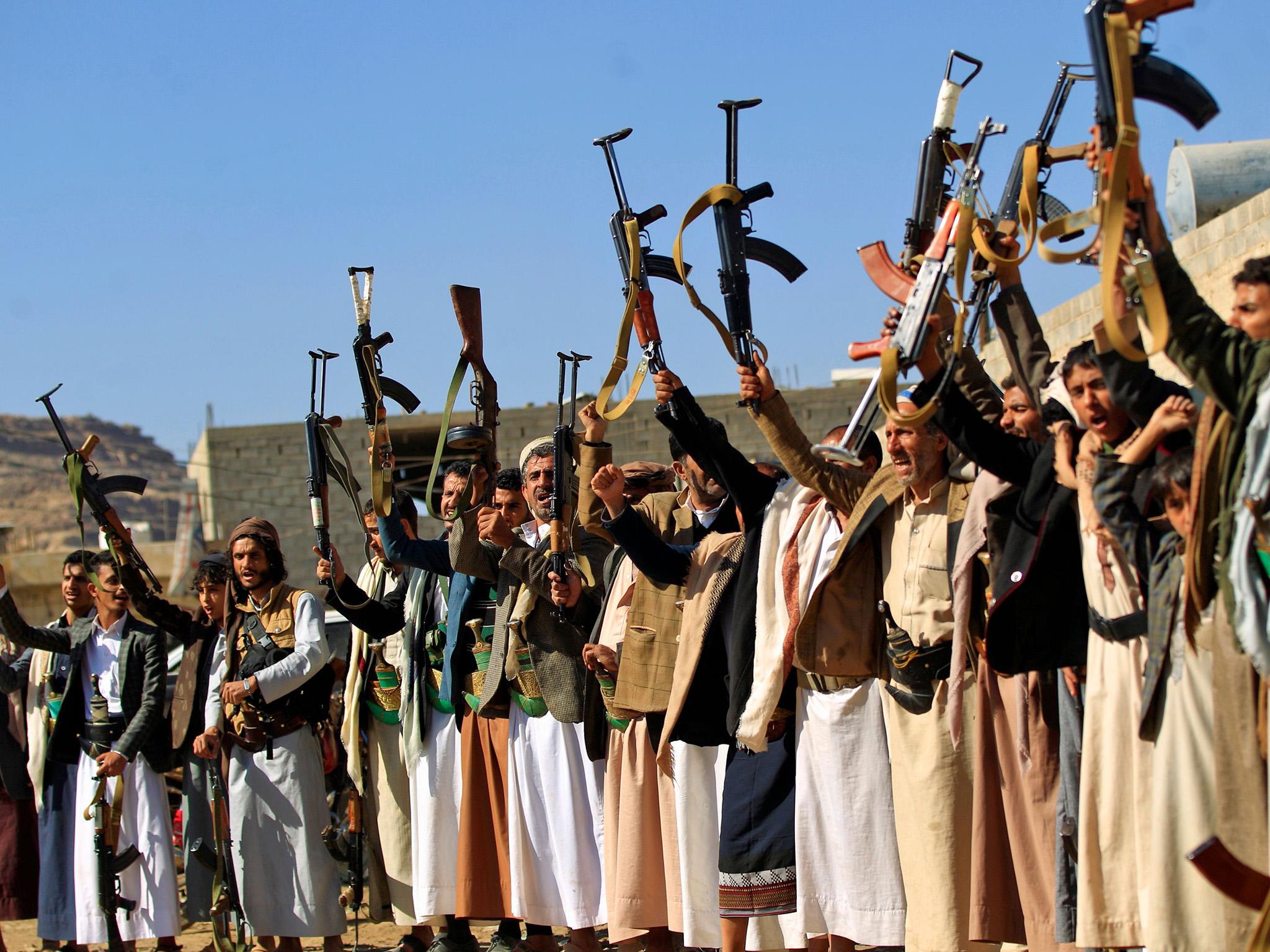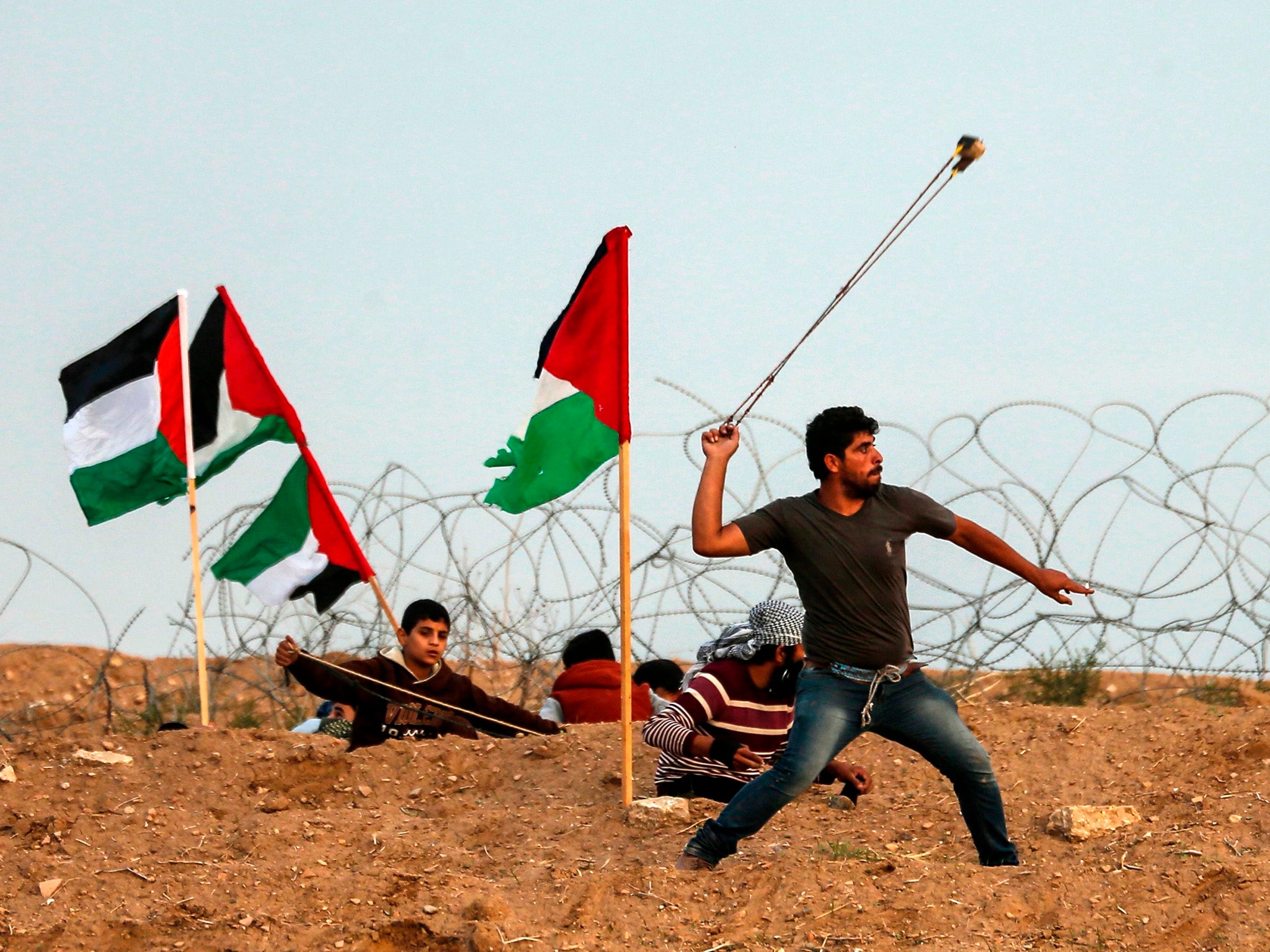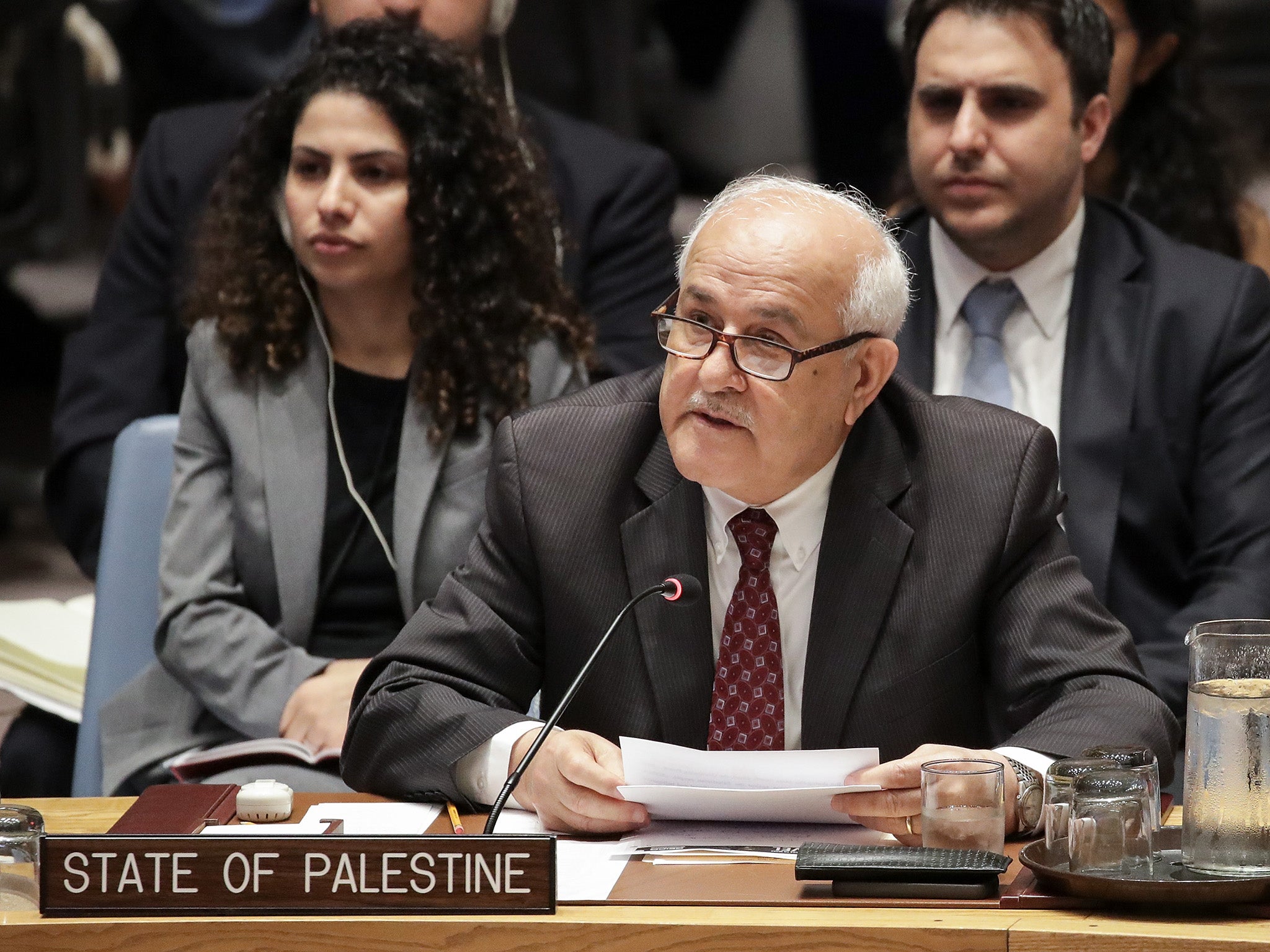As the new year dawns, more wars are brewing in the Middle East
Conflict in some of the world’s most troubled lands has deepened in the past year – with so many players vying for power, the most dangerous possibility will be an unplanned, accidental war, says Borzou Daragahi


A thousand plagues afflict the Middle East. To the east there are wars, and rumours of more war. To the west it’s much of the same: chaos, fragmentation, and misery that will continue in 2019.
What may be most extraordinary about the arc of troubled lands stretching from northwestern Africa east to the Arabian Peninsula and the Hindu Kush is that the disruptions are no longer confined to hotspots. They have expanded and deepened, and the potential for violence either at the hands of gunmen serving warlords or untouchable elites has only multiplied.
“The most dangerous trend is the slow fragmentation of the entire Arab region and many individual states,” says Rami Khoury, a professor of of journalism at the American University of Beirut and a senior fellow at Harvard University’s Kennedy School.
“Once cohesive states will find themselves continuing to polarise into a small rich class, a shrinking middle class, and a very large poor and vulnerable majority, while more of their citizens seek to emigrate when they can, or have been forced into refugeehood by the many wars in the region,” he says.
Until Saudi agents from Crown Prince Mohammad bin Salman’s court kidnapped and murdered Jamal Khashoggi in Istanbul some weeks ago, many observers expected a confrontation between Iran and the United States would take centre-stage in the region next year. And it still might.
But the killing has sideswiped Washington’s plans. “The stain of the Khashoggi affair will linger on the House of Saud into 2019,” the risk-analysis firm Stratfor wrote in a forecast for the upcoming year.
More likely, the US and its allies will fight Iran and its allies in side battles such as those between Israel and Hezbollah, and Saudi Arabia and the Houthis.
These will have devastating consequences for the ordinary people of the region.
“What comes to mind for 2019 is greater risk of a full military confrontation between Israel and Hezbollah in the Syrian and Lebanese theatres,” says Firas Maksad, director of the Arabia Foundation and an adjunct professor at George Washington University.

“Advancements that Hezbollah has reportedly made in military technology, restrictions by Russia on Israeli ability to operate freely in Syrian skies and a perceived loss of deterrence amongst the Israeli public after the latest confrontation in Gaza are all factors that lend themselves to a more aggressive Israeli posture,” he says.
While Iran may avoid war on its soil, Trump administration sanctions will continue to bite and darken the domestic political and economic landscape, even if they don’t bring about the regime change the White House seeks.
The stain of the Khashoggi affair will linger on the House of Saud into 2019
“The economy will still go downhill and people will be crushed,” says Negar Mortazavi, an Iran expert and writer. “The hardliners welcome sanctions all the corruption and dark money that is enabled in the ecosystem of sanctions. As far as the regime and the regime change and all those dreams that the Saudis have or the John Boltons and the Mike Pompeos have, I don’t think any of that is very realistic.”
One would think domestic troubles in Iran and Israel would dissuade them from contemplating war with another regional power. But both Iranian hardliners facing discontent and protests and Israel under prime minister Benjamin Netanyahu, who confronts corruption allegations and a revolt within his camp, might calculate that a limited war abroad will help rally their supporters and silence their opponents at home.
Where the war between US clients and Iranian allies will continue and possibly worsen is in Yemen; experts give peace talks very little chance of success, and even if the talks between the Houthis and the Saudi-led coalition unexpectedly yield a truce over Hodeidah, the conflicts’ many other layers will be difficult to settle.

“The overwhelming odds are that next year, we’ll see an intensification of the war and a deepening of the humanitarian crisis in addition to what the UN sees as what will be the worst famine in our lifetime,” says Peter Salisbury, a Yemen expert at the International Crisis Group.
That will boomerang back on Saudi Arabia, which is already facing international condemnation and calls for the removal of the crown prince over the Khashoggi affair. Riyadh, along with its backers in the US, UK and France, will come under increased pressure to end the conflict as it gains a higher profile.
Forgotten but still smouldering, the various wars in Syria will continue, though the victory over the rebels by president Bashar al-Assad will allow him to consolidate his hold on much of the country. There are indications that he’s already begun reestablishing links with Persian Gulf nations that for years since the 2011 uprising shunned him. “Assad is feeling a lot more normalisation in the region,” says HA Hellyer, a senior fellow at the Atlantic Council and the Royal United Services Institute.
There will undoubtedly be upbeat moments in the coming year. The 44th Uefa Super Cup pitting the champions of the two main European clubs will be held on 14 August in Istanbul’s Vodafone Park, using the video assistant referee system for the first time.

But even many of the bright spots in the upcoming year will be tainted. The Eurovision Song Contest is scheduled to take place in Israel in May 2019. It will be a high-profile event marred with controversy amid boycott calls and debates about which Middle East countries will participate given Israel’s pariah status in the region.
Palestine in 2019 will lead the Group of 77, the bloc of 135 developing countries at the United Nations, a symbolic gesture of recognition by a group representing 80 per cent of the world’s population, while at the same time watching their rights and hopes for a viable future state slip away amid Israeli encroachments and failing peace efforts.
Ironically, Iraq – which has been the source and focal point of so much of the region’s troubles for decades – may experience an upswing next year as the new prime minister Adel Abdul-Mahdi settles in following a successful transfer of power from his predecessor, Haider al-Abadi – that is, unless Isis, surging in the country’s north and west, manages to stage a comeback.
The Arabian Peninsula monarchies of Oman, the United Arab Emirates and Qatar are all planning elections for powerless advisory councils that could nudge political change. That’s doubtful. More likely is the rift between Qatar and Saudi Arabia that has torn the Gulf asunder won’t be ameliorated any time soon.
The overwhelming odds are that next year, we’ll see an intensification of the war and a deepening of the humanitarian crisis in addition to what the UN sees as what will be the worst famine in our lifetime
Another in a long list of worries for 2019: the health of Omani sultan Qaboos bin Said. He has long played a moderating, mediating role in the region’s conflicts. He is 78 years old, ailing, and has no natural heir. In a worst-case scenario, his demise could bring chaos to one of the most peaceful countries in the Middle East. But at the very least, one of the most respected and effective of the region’s statesmen will be lost.
World powers are pushing to bring Libya’s fragments back together again, with General Khalifa Haftar, who controls the country’s east, and the UN-backed authority of Fayez al-Sarraj, who nominally oversees the east, move closer to together. Elections scheduled for late 2018 have since been pushed to 2019. “There is a good chance that we will see genuine movement towards some kind of resolution in Libya,” says Mr Hellyer.
March 2019 municipal elections in Turkey will be the first test of president Recep Tayyip Erdogan’s popularity since a currency collapse over the summer dragged the lira to historic lows. Though it has since recovered, economic prospects for what was once one of the world’s most promising emerging markets continue to decline.
Stagnant but oil-rich Algeria’s hopes for change were dashed when the wheelchair-bound 81-year-old president Abdelaziz Bouteflika, announced that he would stand for a fifth term in April 2019.

Economic troubles will also threaten the nascent democracy in Tunisia, which will hold general elections in December 2019. The sole success story of the Arab Spring has managed since it overthrew its longtime ruler in 2011 to strengthen democratic institutions in fits and start. But inflation, stagnant wages, and a lack of investment are creating discontent and chaos that could be exploited by would-be dictators waiting in the wings.
Already the region’s authoritarians are seeking to consolidate their rules, and solidifying a partnership of despotism. Mr Khoury describes “a group of autocratic states whose governments work more closely together”, including Saudi Arabia, the UAE and Egypt – in a loose informal alliance with Israel – “to maintain the Arab region in its authoritarian, non-democratic, condition forever”.
Two counter-groupings – one that includes Iran, Syria, Hezbollah, and the Palestinian group Hamas, and another comprised of Turkey and Qatar – also appears to solidifying, and will continue to attempt to position themselves for greater hegemony in the region in 2019.
With so many players vying for power, the most dangerous possibility for 2019 will be an unplanned, accidental war – most likely in Syria where the regime in Damascus, Russia, Iran, the US, and Israel and all their various proxies and allies are posturing for each and testing each others’ red lines. All are on the ground or in the air or both in Syria. All are playing a perilous game.
“Given the opposing interests in Syria, the potential for accidental escalation or even a state-to-state confrontation in 2019 is higher than ever,” the Stratfor assessment says, before adding, “though every power will take steps to avoid this”.
Join our commenting forum
Join thought-provoking conversations, follow other Independent readers and see their replies
Comments